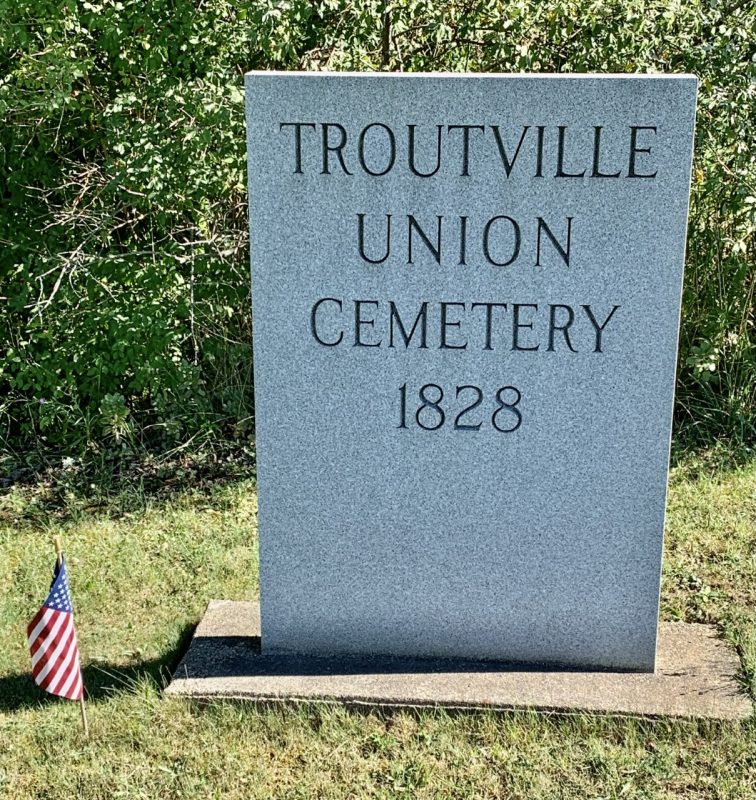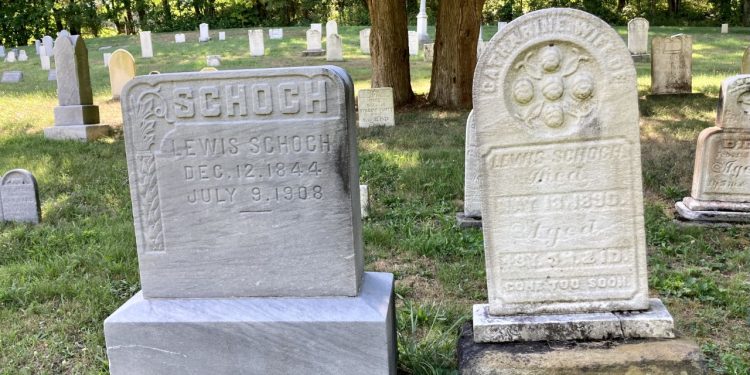Troutville is a small village located on PA route 410. An early settler was Jacob Trautwein, who immigrated here from Germany in 1838.
Located on an old Indian path, which become known as the Shamokin Trail, it was not uncommon for those early settlers to see Indians in the area traveling the trail.
Jacob Trautwein built a primitive, round log house, which, according to the Aldrich History of Clearfield County, was often, “inconveniently full.”
Trautwein replaced that cabin with a frame home around 1845, opening it as the first hotel/tavern in the town, hanging a painted, swinging sign of a large trout outside.
The town grew up around that establishment and was referred to as “Fishtown.” About that time, a small store called the Carlisle store was opened by Mr. Winslow from Punxsutawney.
Sam King reported that in 1854, “. . . loafers in the store decided Troutville was easier to spell and pronounce than Trautweinville,” so by majority vote, Troutville became the official name of the town.
Goods produced in the area were often marked New Salem or New Germany. Reportedly, many of the early settlers were German families who immigrated from Winzeln, Pirmasens and Fehrbch, in Germany.
Those names can be found on the tombstones at the Union Cemetery, which lies just east of Troutville adjacent to the road to Helvetia: Trautwain, Kuntz, Schoch, Weber, Knerr.

The cemetery was the site of a first church built of hewn logs in 1842. The congregation was formed by a “union” of members from the German Reformed and Evangelical Lutheran faith, who eventually separated and built their own church buildings in the area.
Services were in the German language and eventually English was added before converting to English exclusively. According to local historian, Barb Kopshina, those early German Reformed Church records are still available.
The first post office opened 1857, and the first appointed postmaster was Jacob Kuntz, who had immigrated to the area from Germany in the 1830’s.
He operated a sawmill, a grist mill and a mercantile business and was elected a Clearfield County Commissioner in 1861 serving a three-year term.
Troutville village was properly laid out in 1857 after Jacob Trautwein’s death. The village had two general stores, two groceries, one wagon shop, one blacksmith shop, two shoe shops, three furniture and repair shops and one hotel.
These days the Amish constitute a large part of the population of area. Not part of the original immigration, they carry on the lifestyle and industries of those early settlers to the area like farming, iron work, sawmills, furniture making and a wonderful variety of mercantile establishments and specialty shops.



